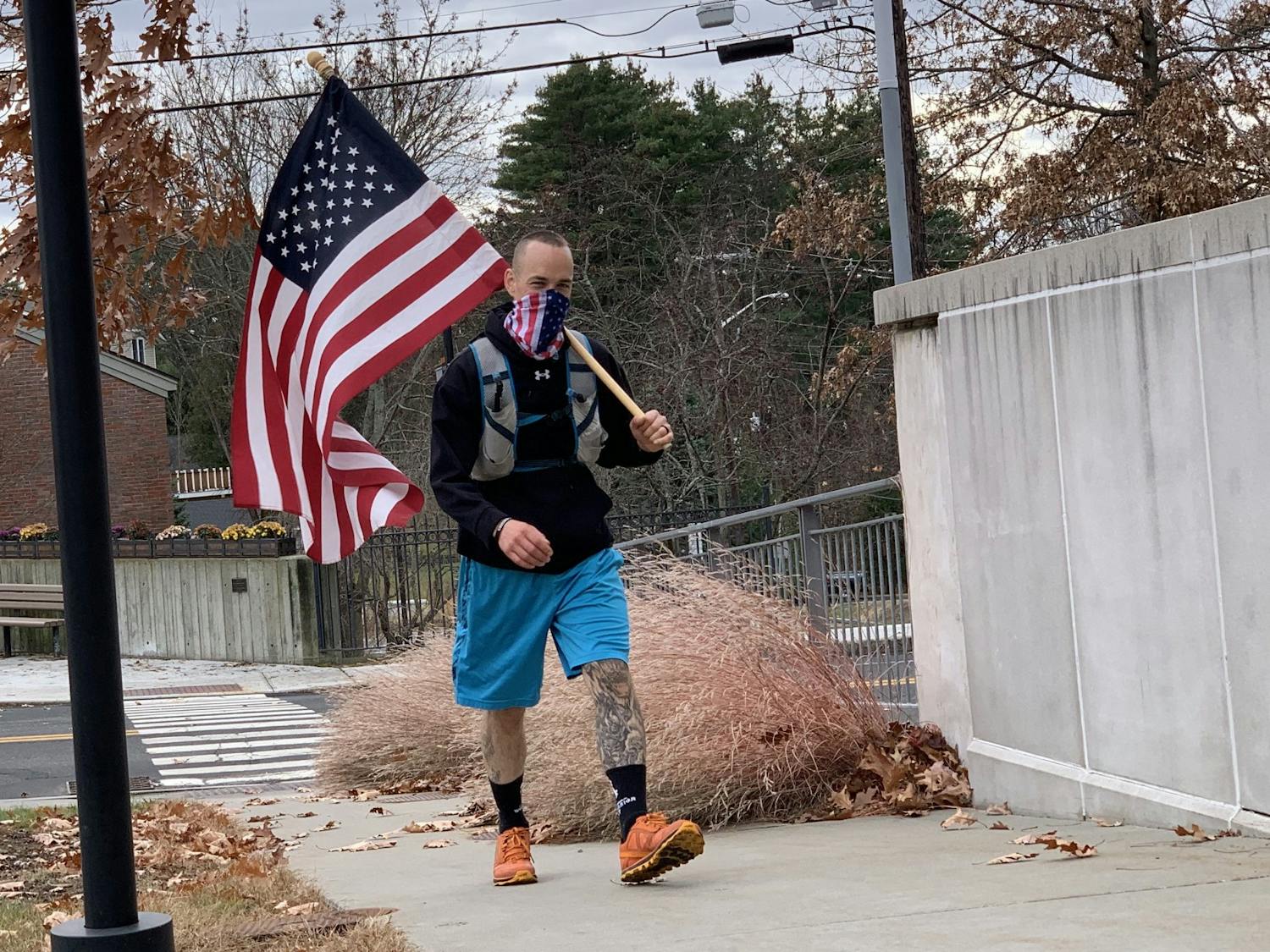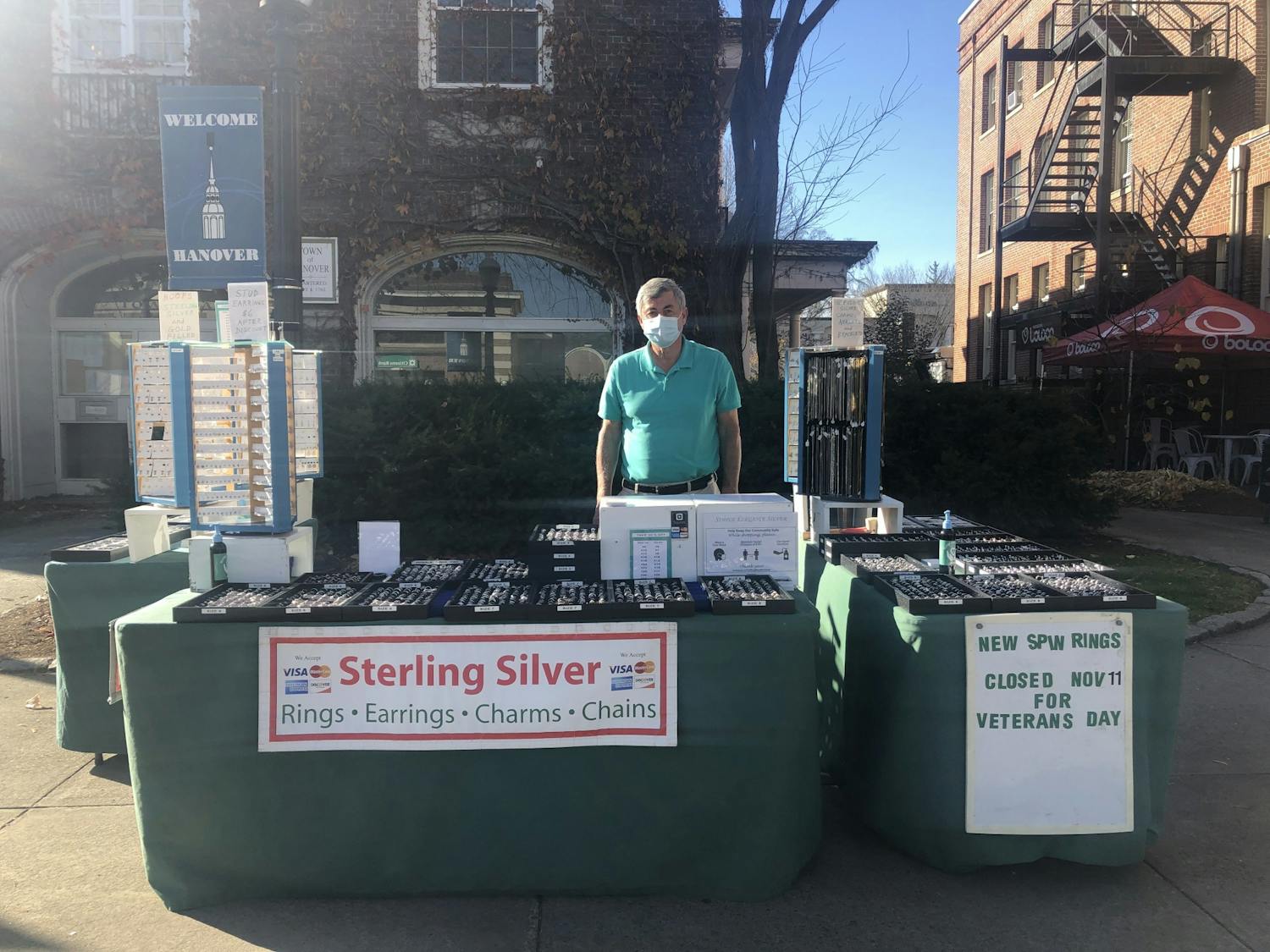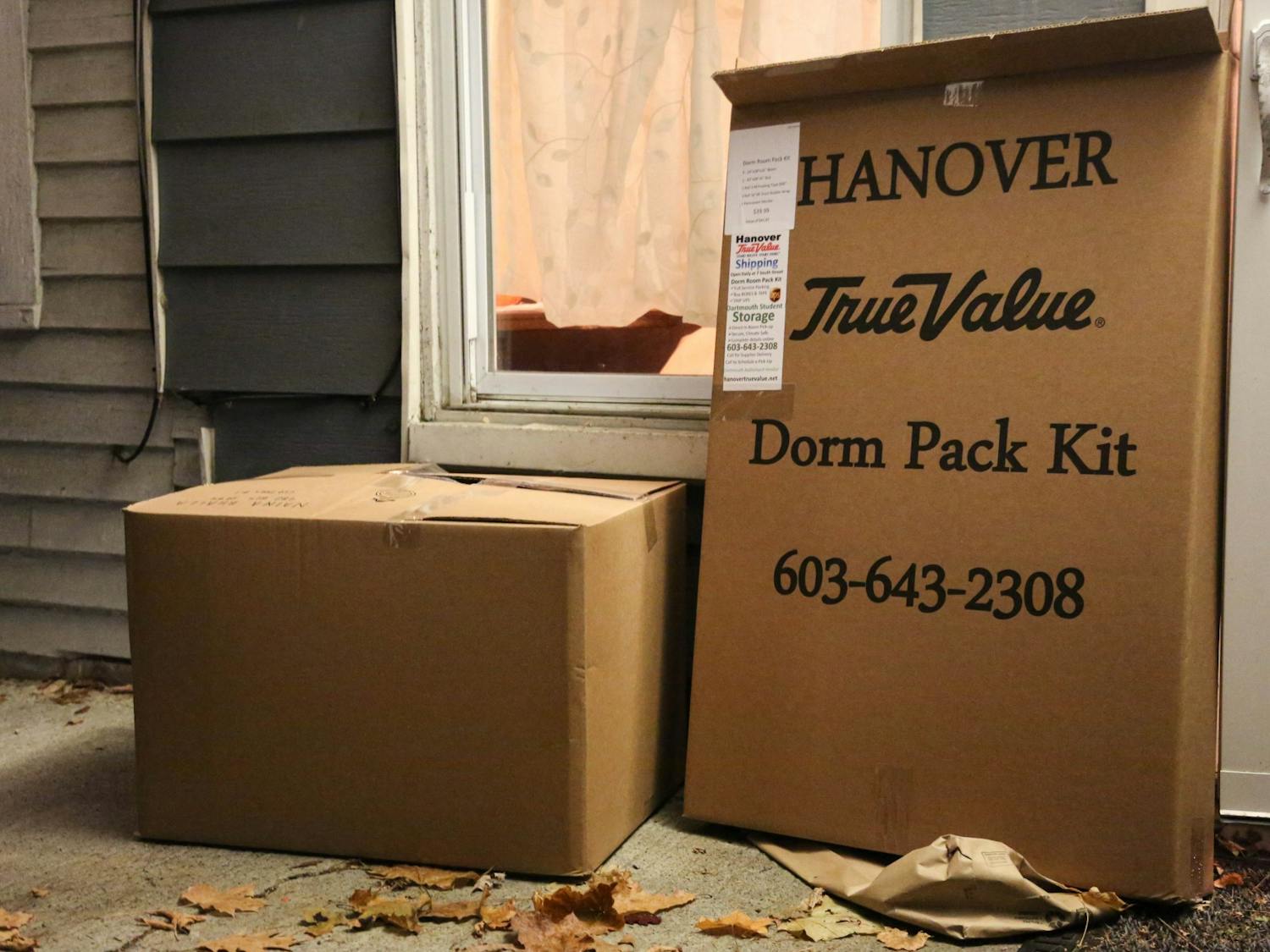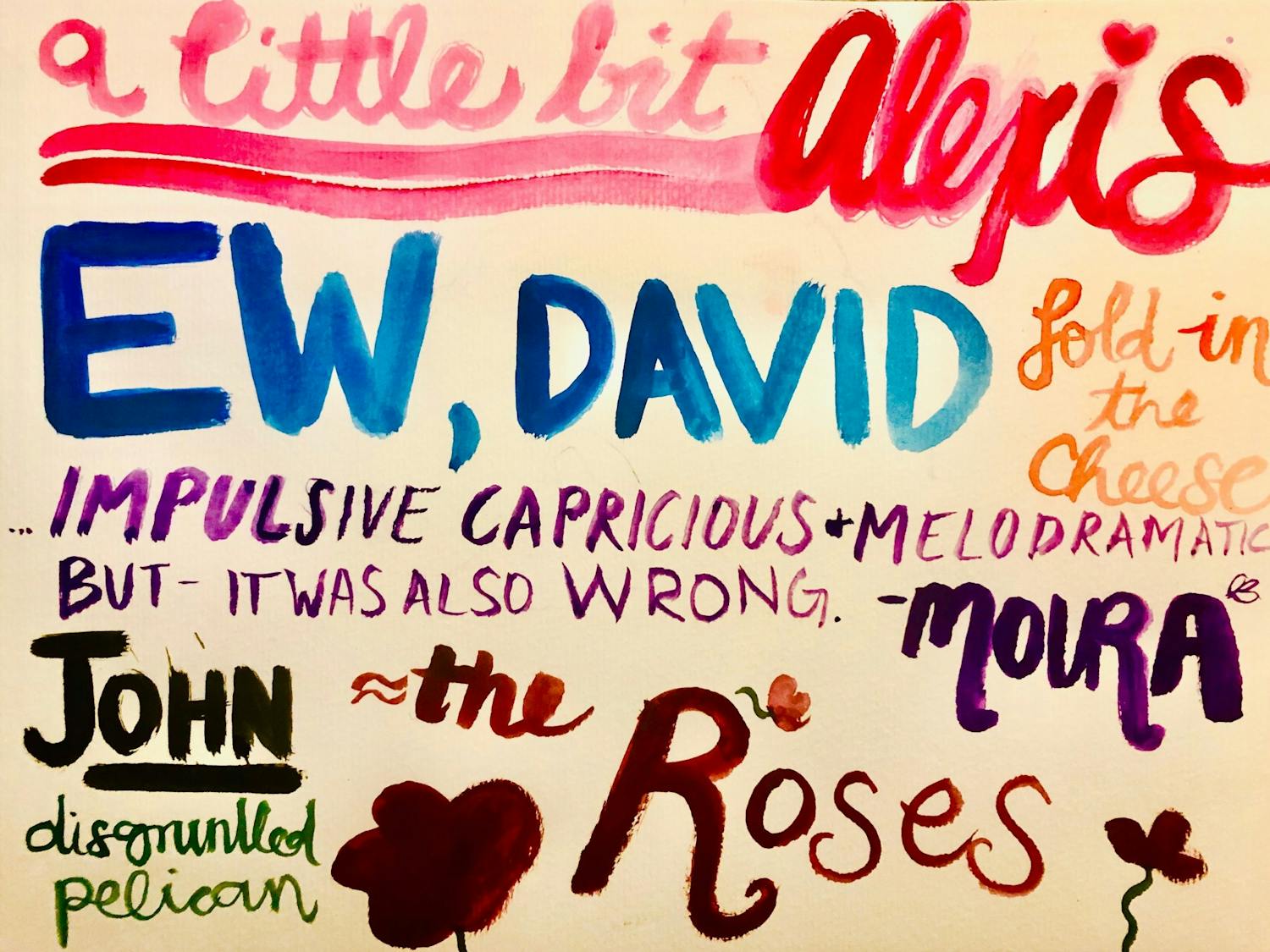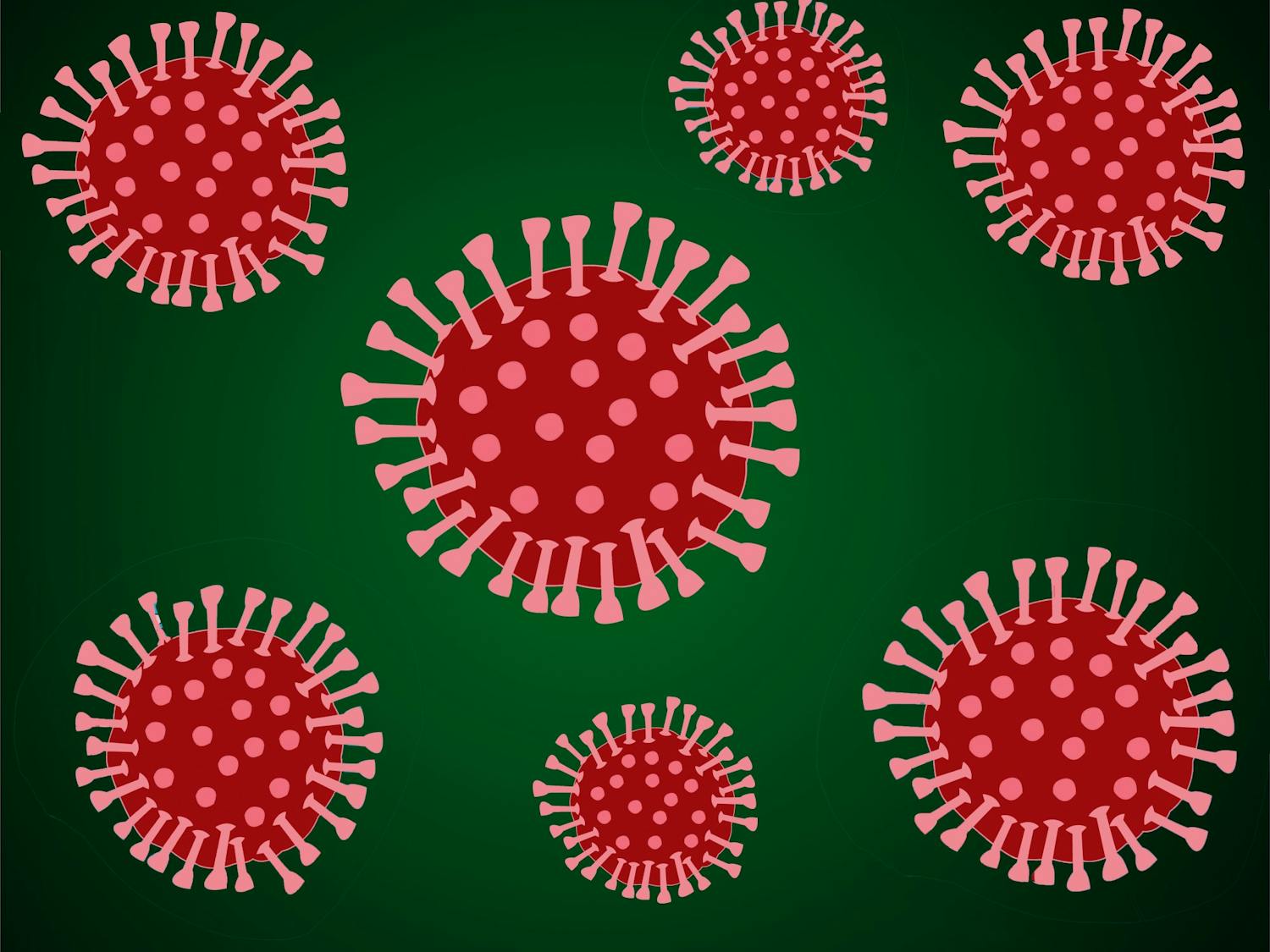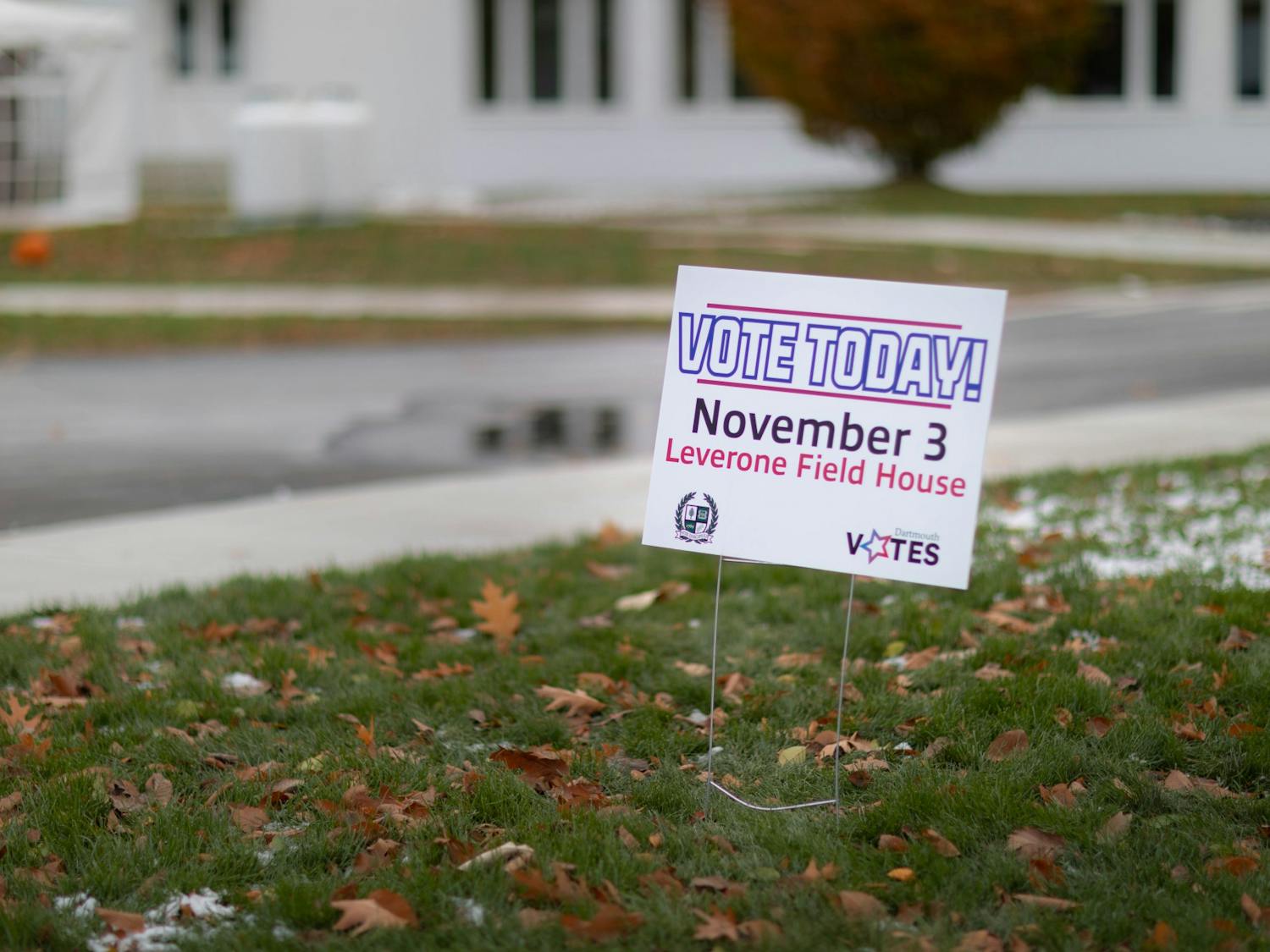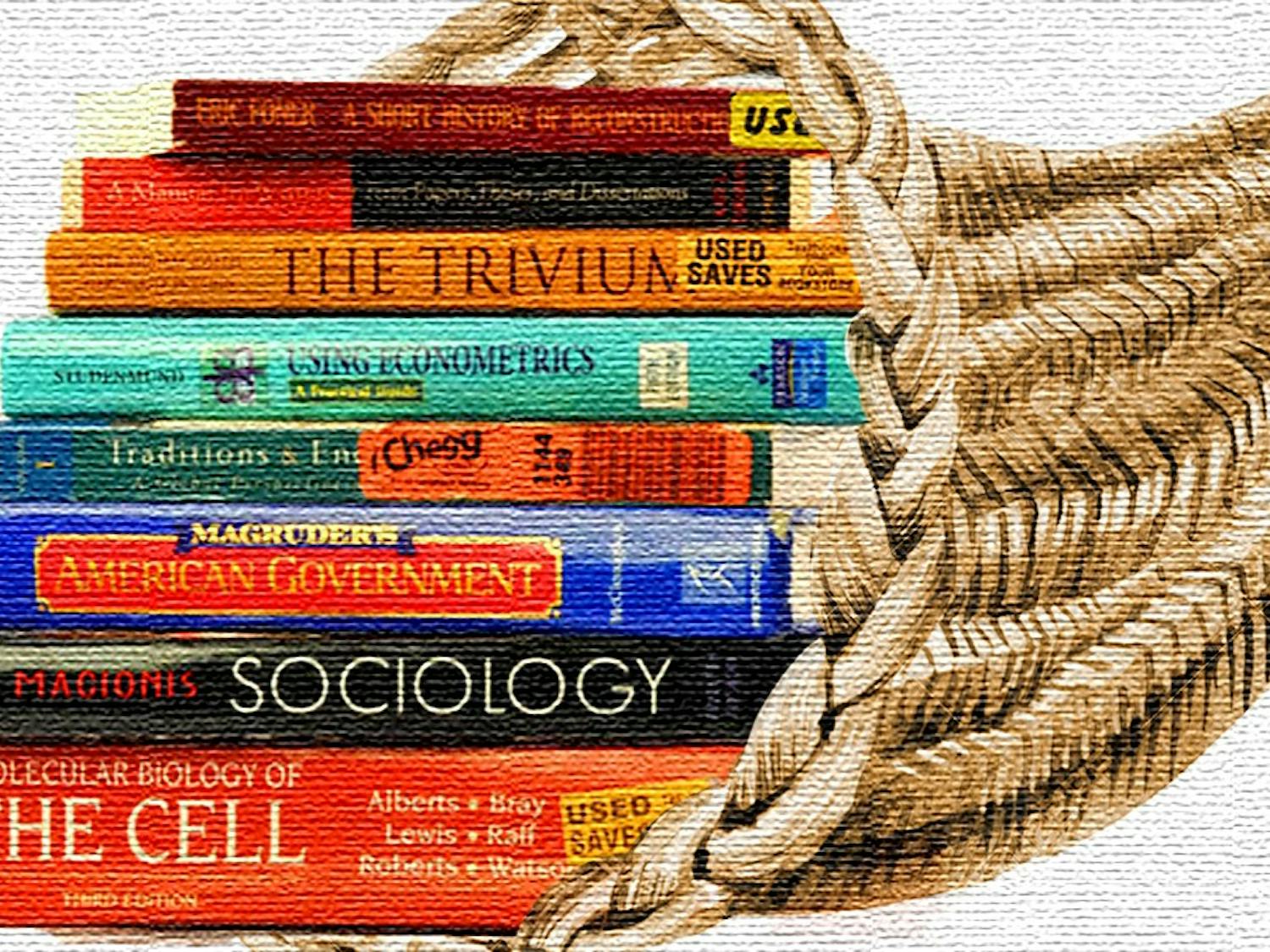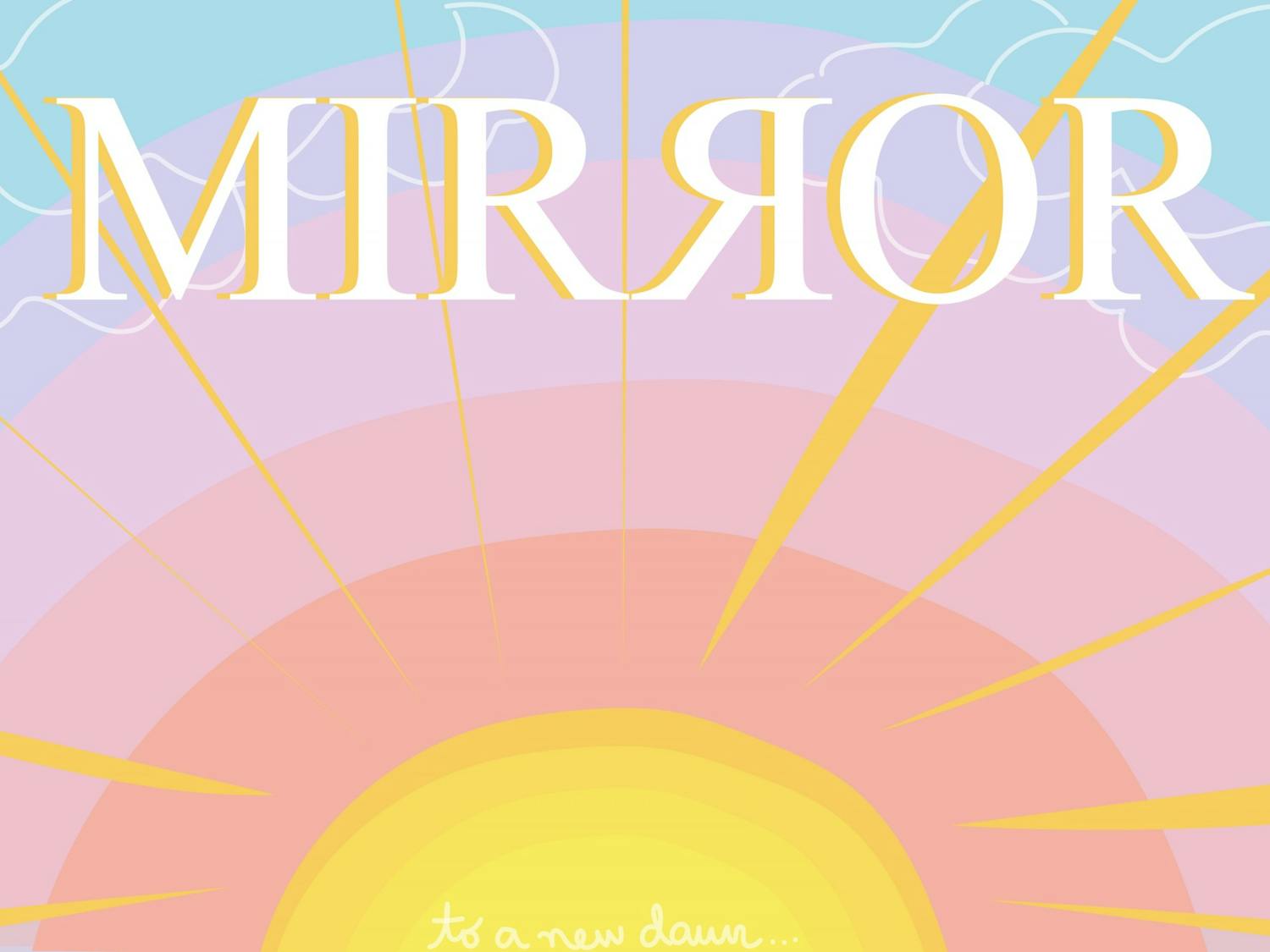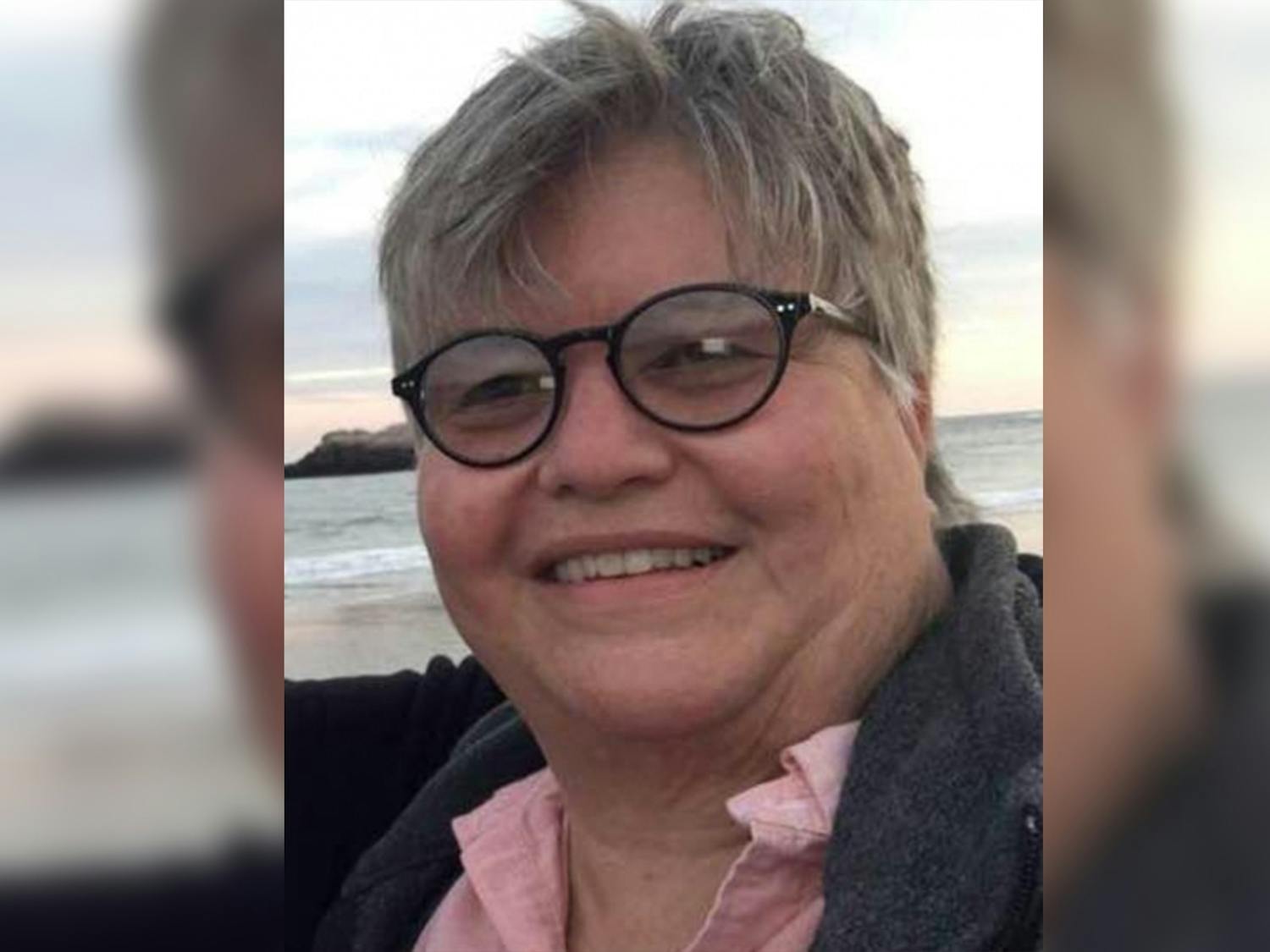Marine Corps veteran and College staff member runs 100 miles for Veterans Day
Jason Mosel chose an unconventional way to celebrate Veterans Day this year. The Marine Corps veteran and network engineer for Information, Technology and Consulting ran 100 miles around Hanover carrying first a Marine Corps flag and then an American flag.

